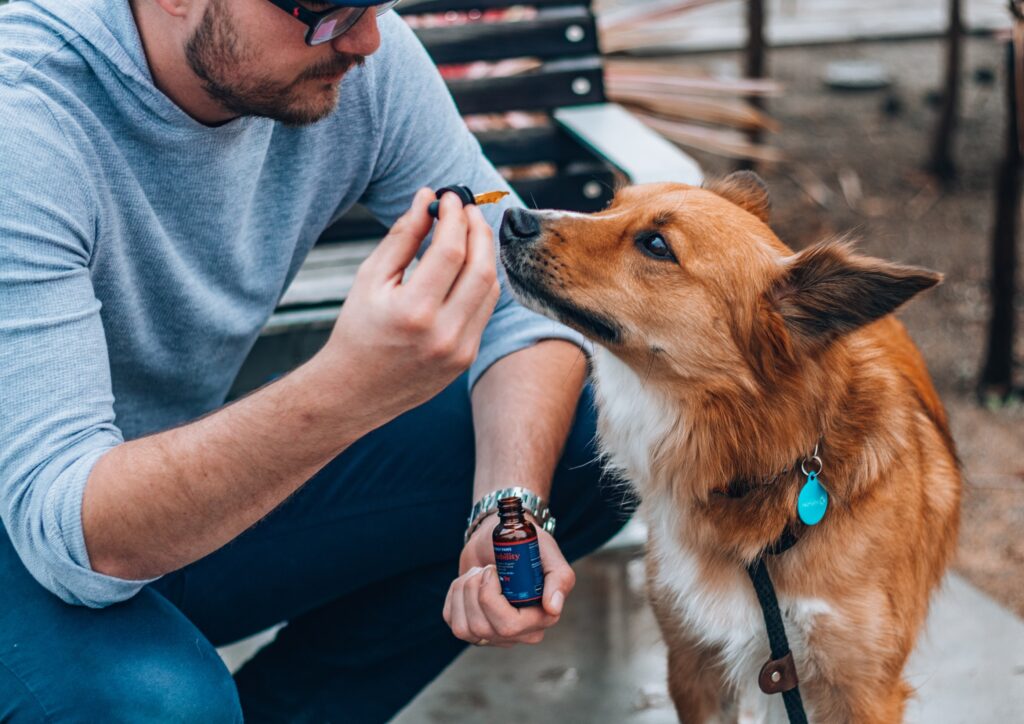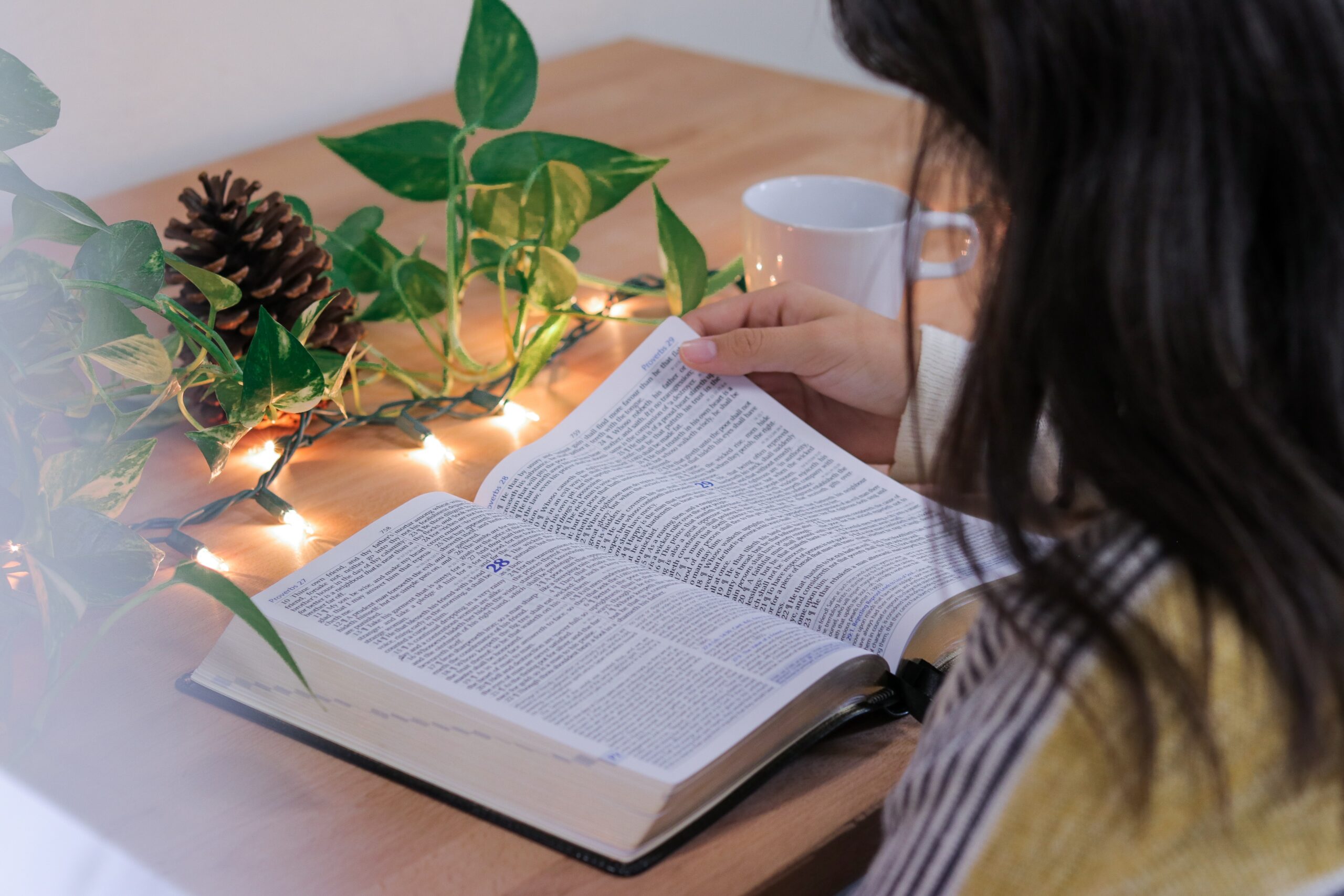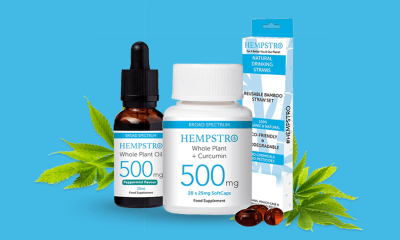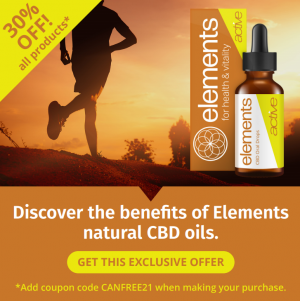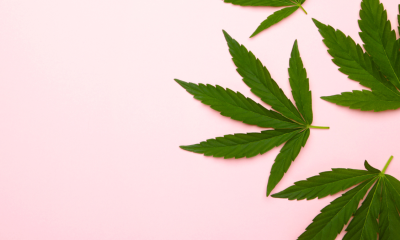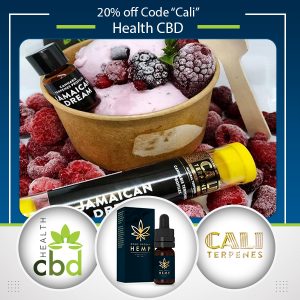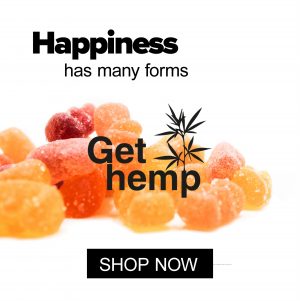CBD101: 10 CBD questions answered
CBD has many uses and benefits but it can be confusing to know where to start.
We answer your most commonly asked questions with our ultimate guide.
1. What is it?
CBD is one of over 100 chemical compounds found in the cannabis plant. It is used for a number of different reasons including the treatment of anxiety and pain in formulations including tinctures, cosmetics and vapes.
In the UK, commercially-available products should contain les than 0.2% THC. Theese products do not produce that ‘high’ feeling associated with recreational cannabis.
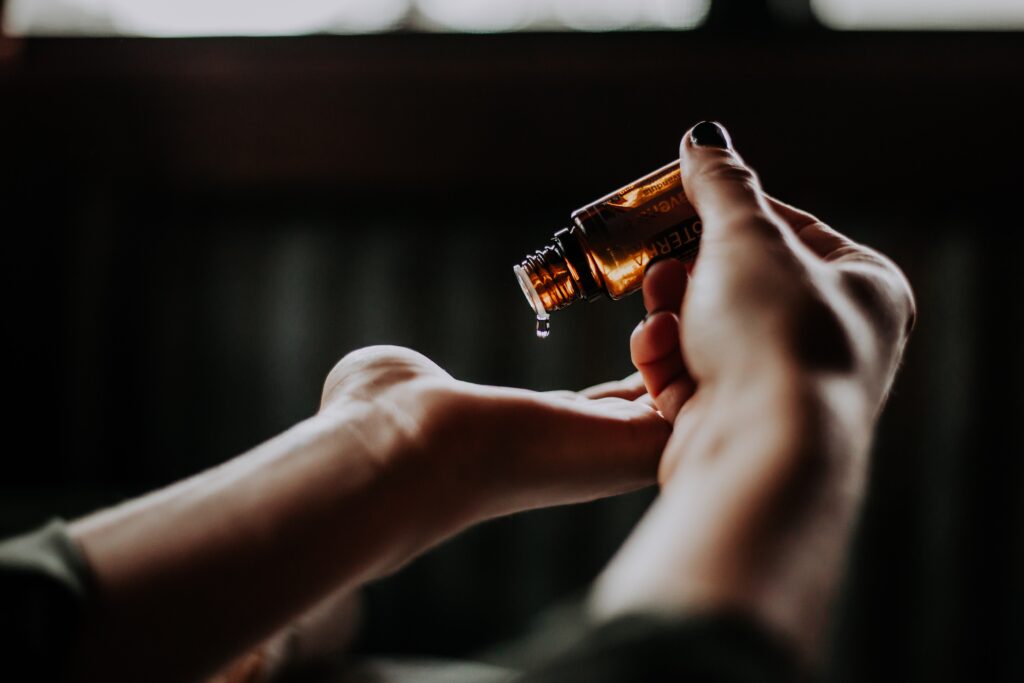
2. What is the difference between CBD and THC?
CBD stands for cannabidiol and THC is tetrahydrocannabinol. Both could offer therapeutic benefits for a number of different conditions. In the UK, CBD is available over the counter legally but THC is not.
CBD could potentially help with:
THC is often associated with the treatment of:
- Glaucoma
- Insomnia
- Nausea caused by cancer treatments
- Appetite problems
- Pain and muscle spasticity
- Anxiety
- Multiple sclerosis
Learn more about medical cannabis in our Med Cann section
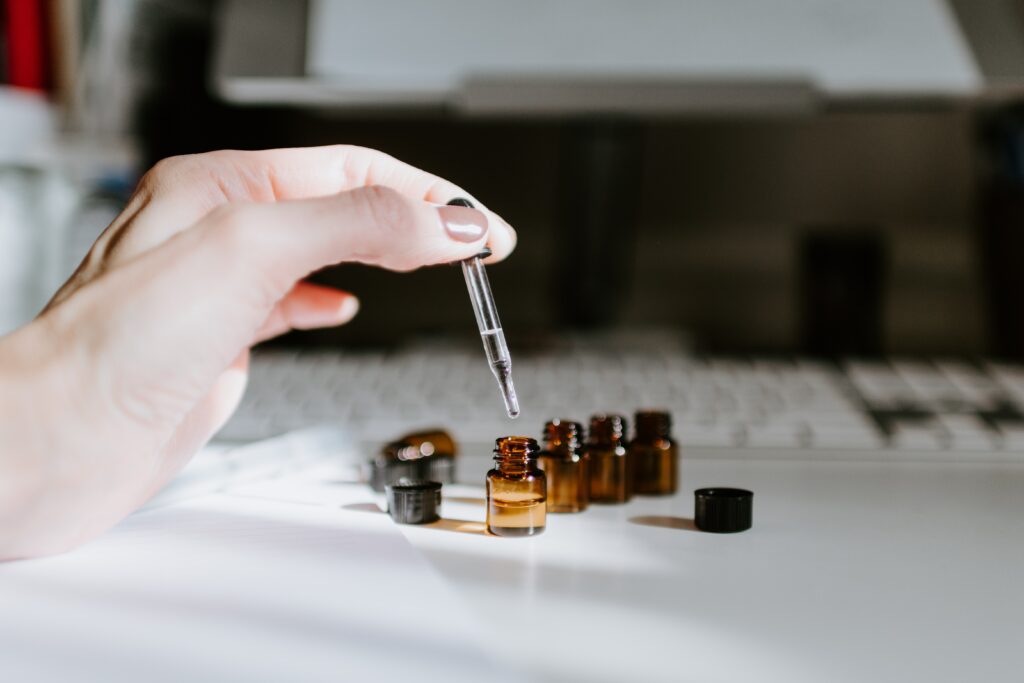
3. Is hemp legal?
To be legal in the UK and Europe, hemp strains must contain no more than 0.2% THC. However, in October it was announced that the legal European level would be raised to 0.3%.
In the US, the federal THC limit is also 0.3% per weight of product. However, as cannabis is legal in some states, what is considered a legal CBD product in one state could be illegal in another.
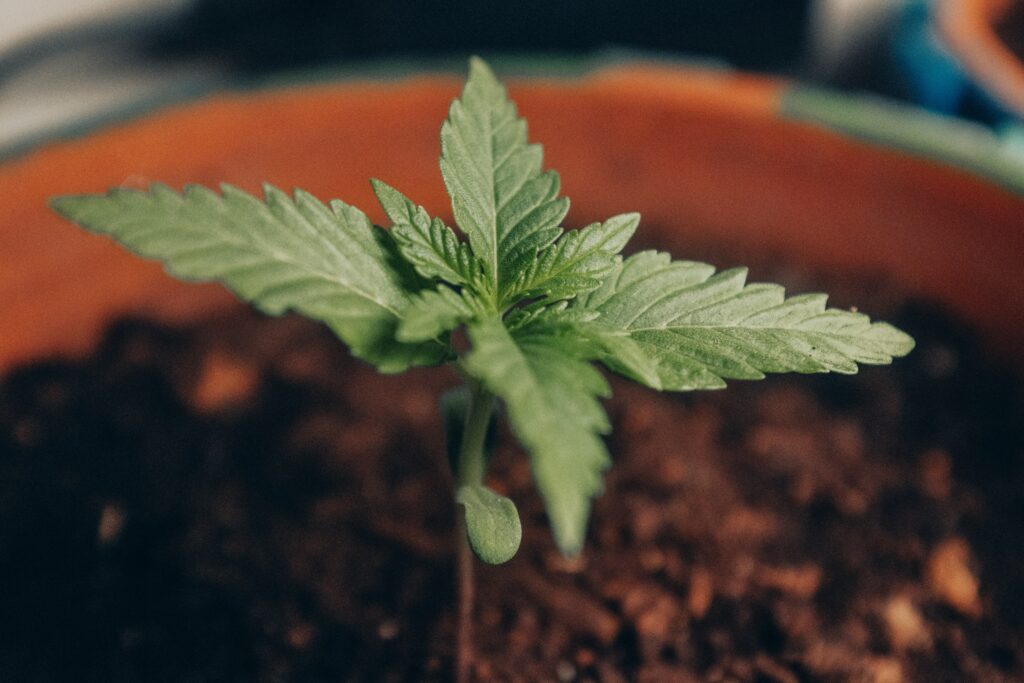
4. What is the difference between an oil and a tincture?
CBD oil has an oil base (or carrier) in it. This could be hemp, rapeseed or flaxseed. Tinctures have an alcohol base and can be flavoured. They offer the same therapeutic properties.
It comes down to personal preference when choosing between the two. Some people prefer a flavoured tincture because they don’t like the hemp taste from oils. Tinctures can sometimes be cheaper than oils, too.
Tinctures have a longer shelf life because they contain ethyl alcohol or isopropyl alcohol.
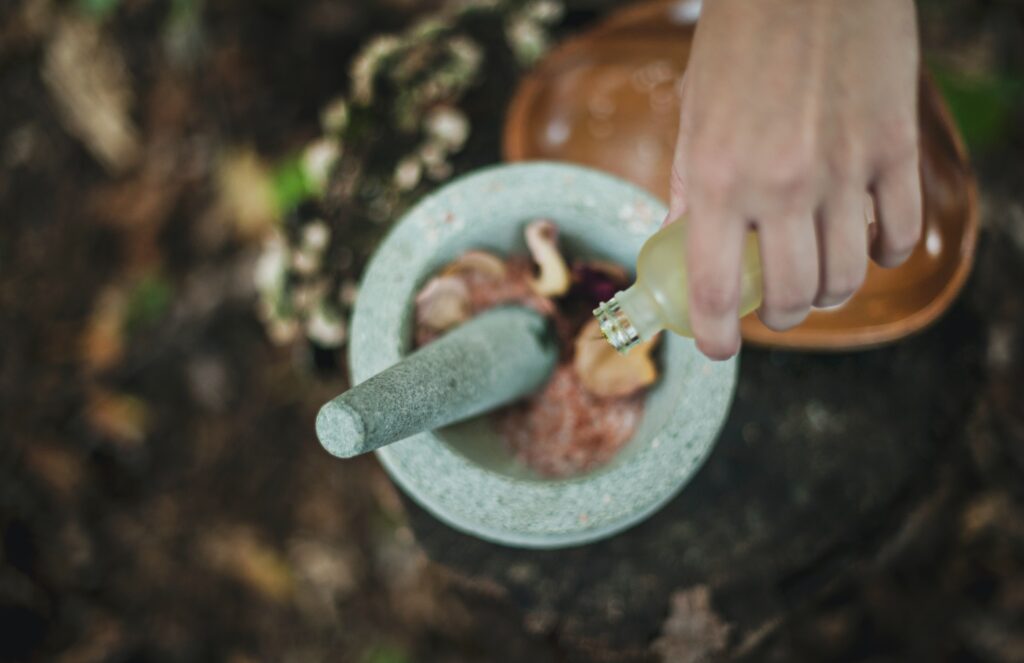
5. Is all CBD the same?
Not all CBD products are the same. You may have heard the terms full-spectrum, broad-spectrum and isolate on websites. Here is what they mean:
- Full Spectrum: Contains the ‘full spectrum’ of CBD, minor cannabinoids and terpenes. Trace amounts of THC can also be found.
- Broad Spectrum: Contains a full spectrum of CBD, minor cannabinoids and terpenes. THC traces are removed.
- Isolate: Pure CBD with all the other cannabis compounds removed until only a powder or crystal form remains.
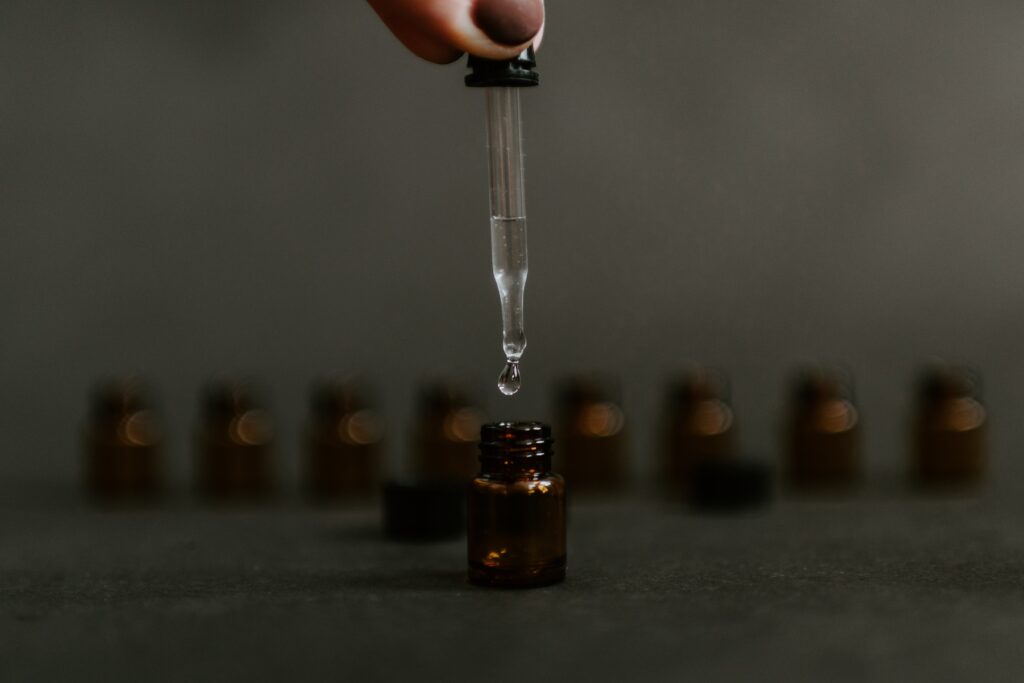
6. Does CBD work the same for everyone?
CBD works differently for each person depending on several different factors. This can include your health, genetics and the method used to absorb it. It can also depend on what you are taking it for.
Cannabinoids work with each person’s endocannabinoid differently meaning it could take a few tries before you find the right product for you. The same can be said with how much to take or how to take it.
Learn more about the different products available

7. Can CBD come from other sources than hemp?
Although most products on the market come from the cannabis plant, there are alternatives out there.
There are some companies developing CBD and THC from oranges and yeast. In Montreal, a company called Hyasynth Bio has just received £2.5million in funding to continue its ongoing research into the development of CBD and THC from yeast.
The advantage to the market of yeast-made cannabinoids is that its production is 12 times faster than hemp-derived products.
While this is a small market, it does provide another way for people to take a tincture if the original hemp source is an issue. This could be anything from disliking the taste or worries about drug testing and allergies to the stigma associated with cannabis.
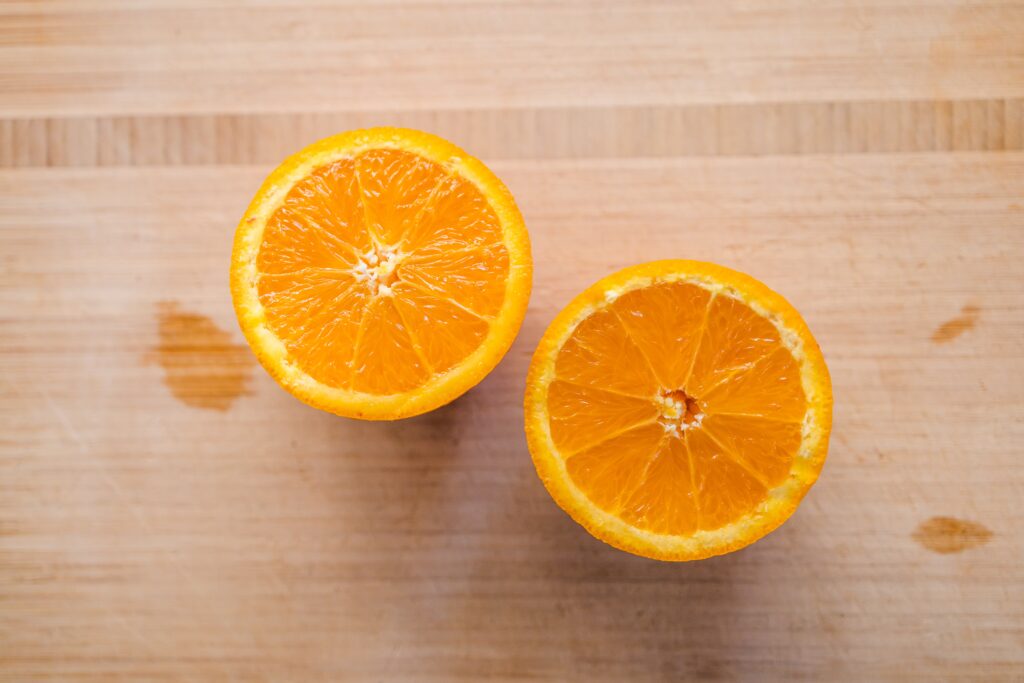
8. Can CBD help with quitting smoking?
When it comes to quitting smoking, a lot of people turn to vapes as a harm reduction alternative. While CBD e-liquids often do not contain nicotine, they could help with relaxing helping to make the process easier.
A study from 2018 found that it could help reduce the feelings of withdrawal from tobacco during the quitting process.
Participants were given either an 800mg dose of CBD orally or a placebo. Both groups were shown pictures of tobacco products or accessories such as ashtrays. The CBD group reported a reduction in the pleasant feelings they got from the images while the placebo group remained the same.
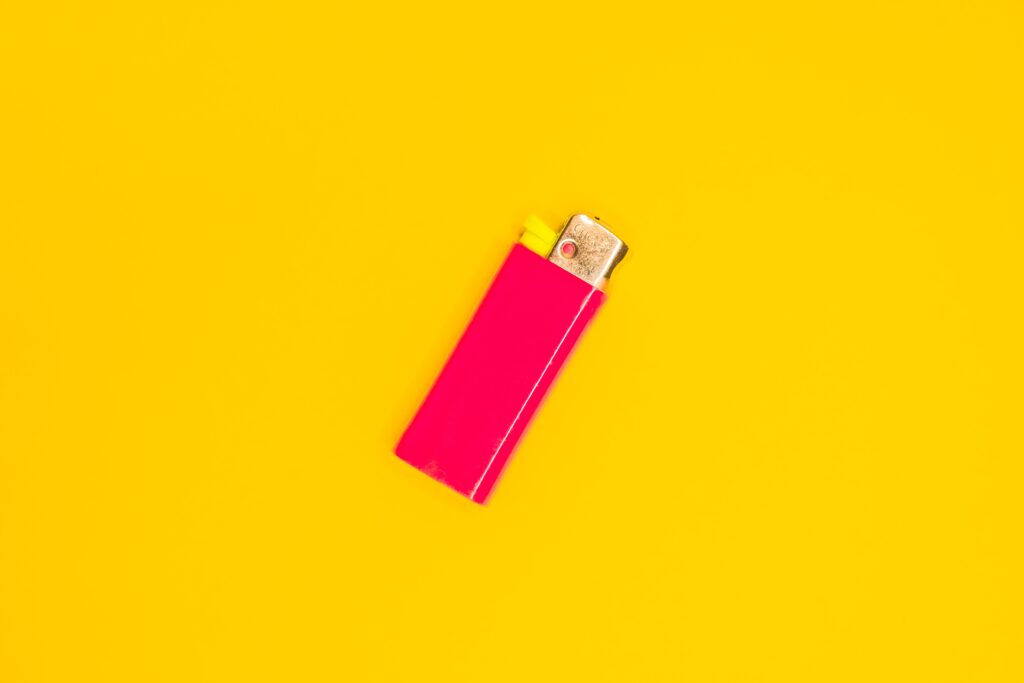
9. What is CBD turmeric?
Turmeric is the spice that creates the yellow colour in curries and is sometimes added to coffee for extra flavour. It is a major part of Indian traditional medicine known as Ayurveda because of the compound, curcumin which is found in it.
The health benefits of curcumin are thought to be very similar. These can include improving the immune system, heart health and delaying wrinkles or fine line creation.
It is thought that CBD increases the potential of curcumin. Capsules containing both can be found on the high street. CBD and turmeric could help with issues such as arthritis due to their potential anti-inflammatory properties. They could help the immune system as both are antioxidants which may help to regulate free radicals in the body.
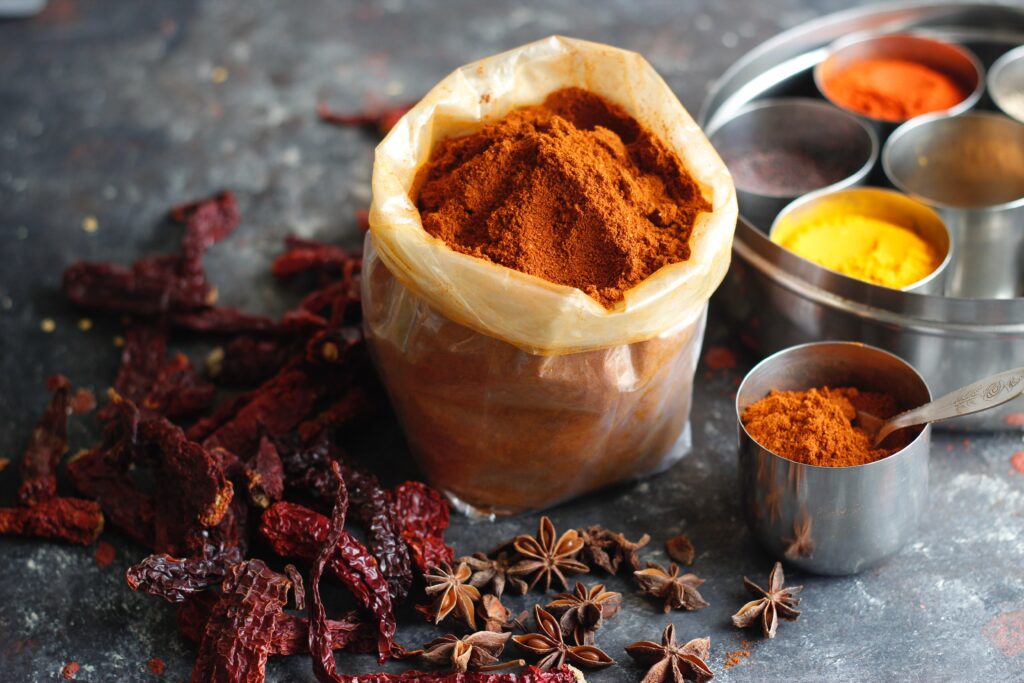
10. Can I give CBD to my dog or cat?
The answer depends on where you live.
In the UK, CBD for pets is illegal. This is why there isn’t an animal industry like there is in the US. Vets are not allowed to recommend it to help with conditions such as anxiety or stress.
Read more about how CBD can help with pets
In the US, the pet industry is big business. Its legal but you do need to check that the levels of THC in a product are low or non-existent as it could be potentially toxic. There are many different options for ingestion in America such as treats, tinctures or grooming products.
